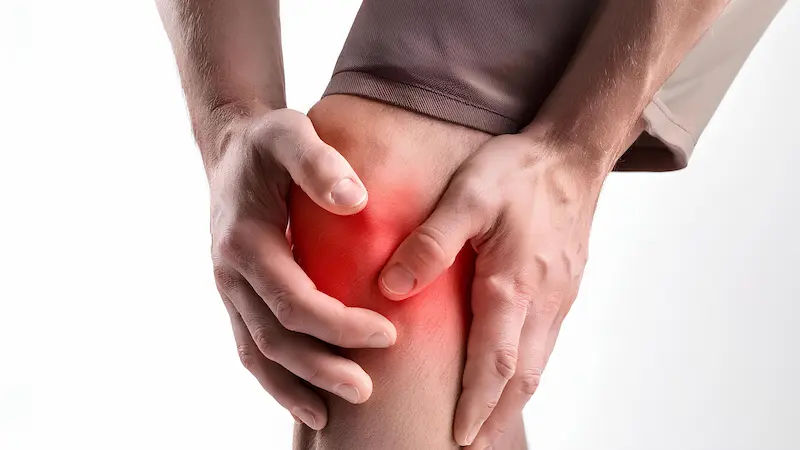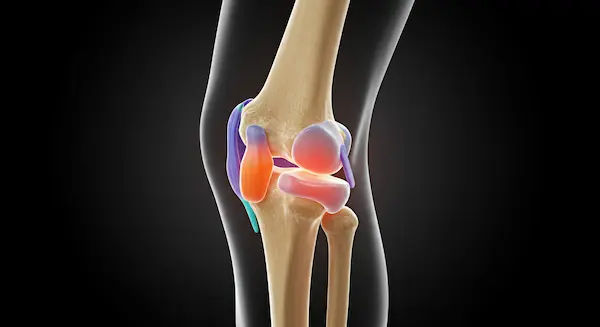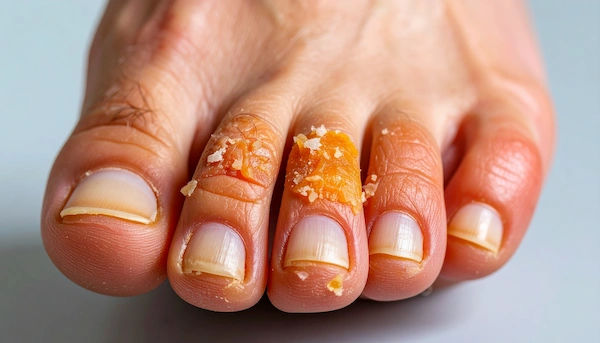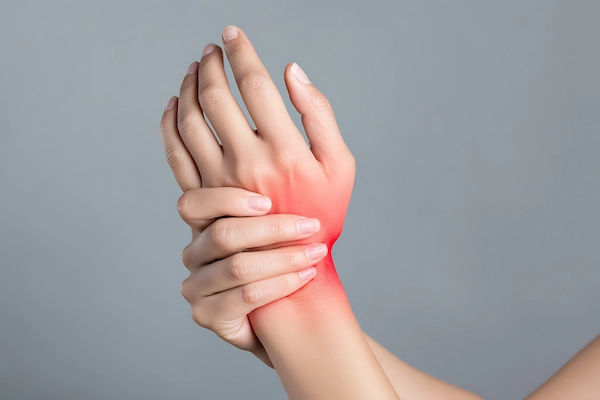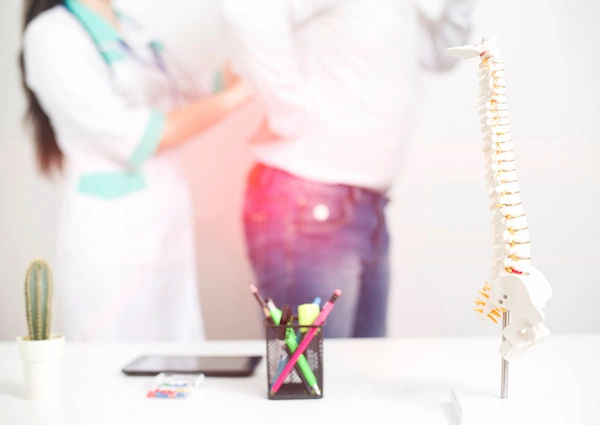- female
- 60 Years
- 14/08/2025
My X-ray report says there are osteophytes on both knee joints with reduced joint spaces and mentions osteoarthritis but no loose bodies. What does this actually mean for my knees? What kind of treatment would help and is surgery usually needed for this condition?

More Rheumatology Health Queries
View allI'm a bit worried because my ESR is reading at 21mm, and I know the maximum normal value is supposed to be under 14mm. Is this something I should be concerned about? Could you help me understand what this means for my health?
under 14 mm is normal.
read more![Doctor 1]()
![Doctor 2]()
Answered by 1 Apollo Doctors
I'm concerned about the attached report showing my dad has a high ESR and platelet count. Could you please advise on what steps we should take next?
coudnt find report high esr means infection
read more![Doctor 1]()
![Doctor 2]()
Answered by 1 Apollo Doctors
Is Raynaud's linked to diabetes?
Raynaud's is a vasospastic condition usually linked to many auto immune or connective disorder including atherosclerosis which is associated with Diabetes.
read more![Doctor 1]()
![Doctor 2]()
Answered by 1 Apollo Doctors
Disclaimer: Answers on Apollo 247 are not intended to replace your doctor advice. Always seek help of a professional doctor in case of an medical emergency or ailment.
